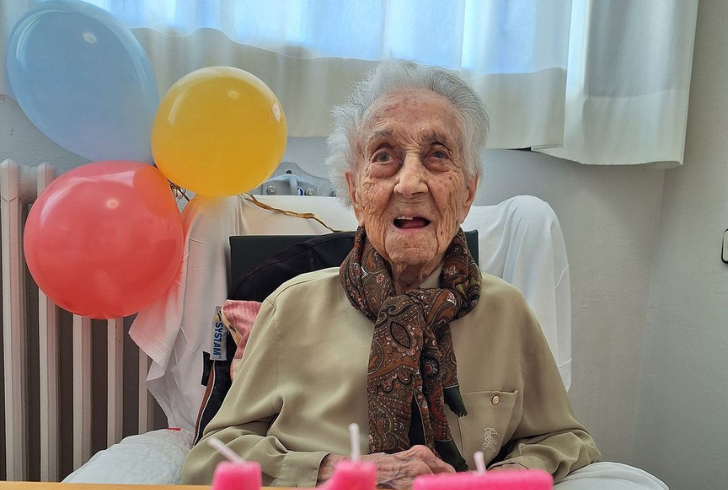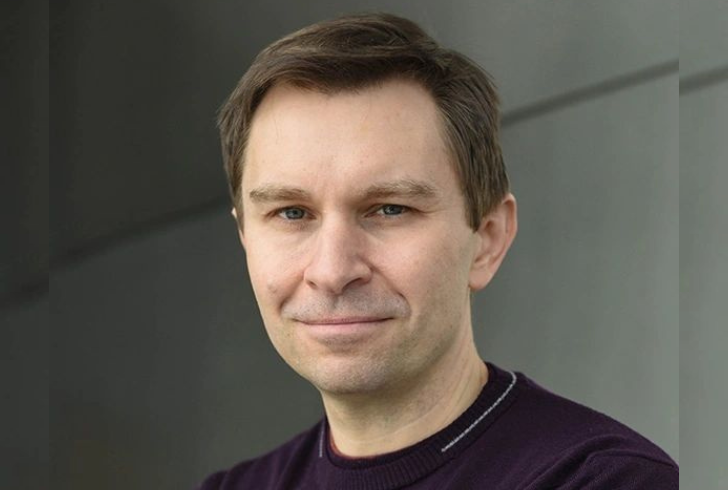When people hear about someone living past 100, like the recent death of Maria Branyas Morera at 117, it often leads to questions about the secrets of such long life. Many are quick to attribute longevity to certain behaviors or lifestyle choices, but experts suggest that it may not be as simple as following advice from those who have lived that long. In fact, relying on health tips from centenarians could be misleading.
According to Richard Faragher, a professor of biogerontology, researchers are still unraveling the mystery behind why some individuals live beyond 100. While there are some shared beliefs about what contributes to a long life, scientists agree that it’s better not to take health advice directly from centenarians.
The Luck Factor and Genetic Advantages

Faragher explains that two main theories attempt to explain why some individuals live far beyond the average life expectancy. The first theory is largely based on luck. Just because a centenarian has lived to 100 or more doesn’t necessarily mean their habits or lifestyle choices were responsible for their longevity. This concept, known as survivorship bias, suggests that these individuals may have survived despite, not because of, their actions. For example, Faragher points out that surviving years of smoking doesn’t mean smoking is healthy or contributes to a longer life.
The second theory points to genetics. Some people may simply be genetically equipped to live longer lives, with their bodies naturally being more robust and resistant to diseases and other age-related conditions. This genetic predisposition plays a significant role in their longevity, making them outliers when it comes to common health advice.
A Misleading Picture of Longevity
Faragher stresses that most centenarians don’t lead what would traditionally be considered healthy lives. Many of them don’t exercise regularly, follow poor diets, and some even smoke. This runs counter to well-documented studies showing that exercising, not smoking, and eating a balanced diet rich in fruits and vegetables can extend life by up to 14 years. What these cases reveal is that, rather than their habits extending their lives, centenarians might just be genetically lucky.
Maria Branyas herself admitted that luck had played a big role in her long life, while her daughter added that genetics may have been a factor. Branyas rarely visited a hospital and remained in good health for much of her life, suggesting that her genes offered her significant protection against the usual illnesses that come with age.
Reverse Causation and Misinterpretation
Another issue with attributing longevity to certain habits is the potential for reverse causation. Take the common belief that a positive outlook can help you live longer. While there may be some truth to this, it could also be that people who live longer simply have better health, which naturally leads to a more positive attitude. As Faragher puts it, it’s hard to maintain a positive mindset when you’re dealing with chronic pain or other age-related problems.
Faragher also mentions that when we examine the lives of centenarians, there’s a tendency to focus only on the things that seem to contribute to their survival, ignoring other factors that might be working against them. This selective attention leads to a skewed view of what truly helps people live longer.
The Role of Healthcare and Environmental Factors

While some people are lucky enough to live longer due to their genetics, there are certain factors that have helped increase life expectancy for the population as a whole. David Sinclair, an expert on aging, points out that improvements in healthcare, vaccines, and sanitation over the past century have made a significant difference in how long people live. The introduction of clean water and childhood vaccinations has dramatically reduced mortality rates, allowing more people to reach old age.
In the future, Sinclair predicts similar advances in healthcare will continue to extend life expectancy, particularly among older individuals. With better vaccines for conditions like flu and shingles, as well as more effective medications for managing chronic conditions, people will have better chances of living longer and healthier lives.
Health Tips for Longevity – What Really Works
While some may seek advice from centenarians, experts agree that the best health tips for extending life are based on scientific evidence, not anecdotal stories. Faragher points to several well-researched strategies for improving life expectancy, including:
1. Regular physical activity
2. Maintaining a balanced diet with plenty of fruits and vegetables
3. Not smoking
4. Moderating alcohol consumption
These habits are consistently linked to better health and longevity, regardless of genetics or luck.
Challenges of Longevity
Even for those who live well past 100, life isn’t always as celebratory as it seems. Many centenarians experience the challenges of old age, including living alone for many years, declining health, and limited mobility. David Sinclair highlights that while news stories about centenarians often focus on their accomplishments or birthdays, the reality of life at that age can be quite different.
While the curiosity around the lives of centenarians is understandable, it’s important to recognize that their health tips may not be as reliable as scientific advice. Genetics and luck play significant roles in longevity, and following evidence-based health practices remains the best way to improve one’s chances of a long, healthy life.
